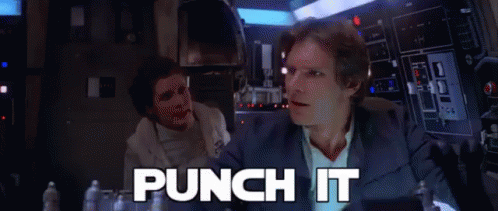Writing Wednesday – Baudrillard and “Plain Meaning”
November 9, 2022 The slippery statutory-interpretation question in United States v. Palomares, briefly summarized in Monday’s post, presented a concurrence by Judge Andy Oldham. In it, he reminded of the importance of “textualism” in statutory interpretation, while cautioning against “hyper-literalism”:
The slippery statutory-interpretation question in United States v. Palomares, briefly summarized in Monday’s post, presented a concurrence by Judge Andy Oldham. In it, he reminded of the importance of “textualism” in statutory interpretation, while cautioning against “hyper-literalism”:
“‘[W]ords are given meaning by their context, and context includes the purpose of the text.’ As Justice Scalia once quipped, without context, we could not tell whether the word draft meant a bank note or a breeze. Such nuance is lost on the hyper-literalist.”
(citations omitted). He further observed:
“[H]yper-literalism … opens textualism to the very criticism that necessitated textualism in the first place. In one of the most influential law review articles ever written, Karl Llewellyn denigrated the late nineteenth century ‘Formal Period,’ in which ‘statutes tended to be limited or even eviscerated by wooden and literal reading, in a sort of long-drawn battle between a balky, stiff-necked, wrongheaded court and a legislature which had only words with which to drive that court.'”
(emphasis added, quoting Karl M. Llewellyn, “Remarks on the Theory of Appellate Decision and the Rules or Canons about How Statutes Are to Be Construed,” 3 Vanderbilt L. Rev. 395 (1950)).
 The prefix “hyper-” is well chosen; Jean Baudrillard’s Simulacra and Simulations developed the concept of “hyperreality,” by which “simulacra” of reality can supplant reality itself–precisely the scenario described by Llewellyn and Judge Oldham’s concurrence:
The prefix “hyper-” is well chosen; Jean Baudrillard’s Simulacra and Simulations developed the concept of “hyperreality,” by which “simulacra” of reality can supplant reality itself–precisely the scenario described by Llewellyn and Judge Oldham’s concurrence:
If we were able to take as the finest allegory of simulation the Borges tale where the cartographers of the Empire draw up a map so detailed that it ends up exactly covering the territory (but where, with the decline of the Empire this map becomes frayed and finally ruined, a few shreds still discernible in the deserts – the metaphysical beauty of this ruined abstraction, bearing witness to an imperial pride and rotting like a carcass, returning to the substance of the soil, rather as an aging double ends up being confused with the real thing), this fable would then have come full circle for us, and now has nothing but the discrete charm of second-order simulacra.